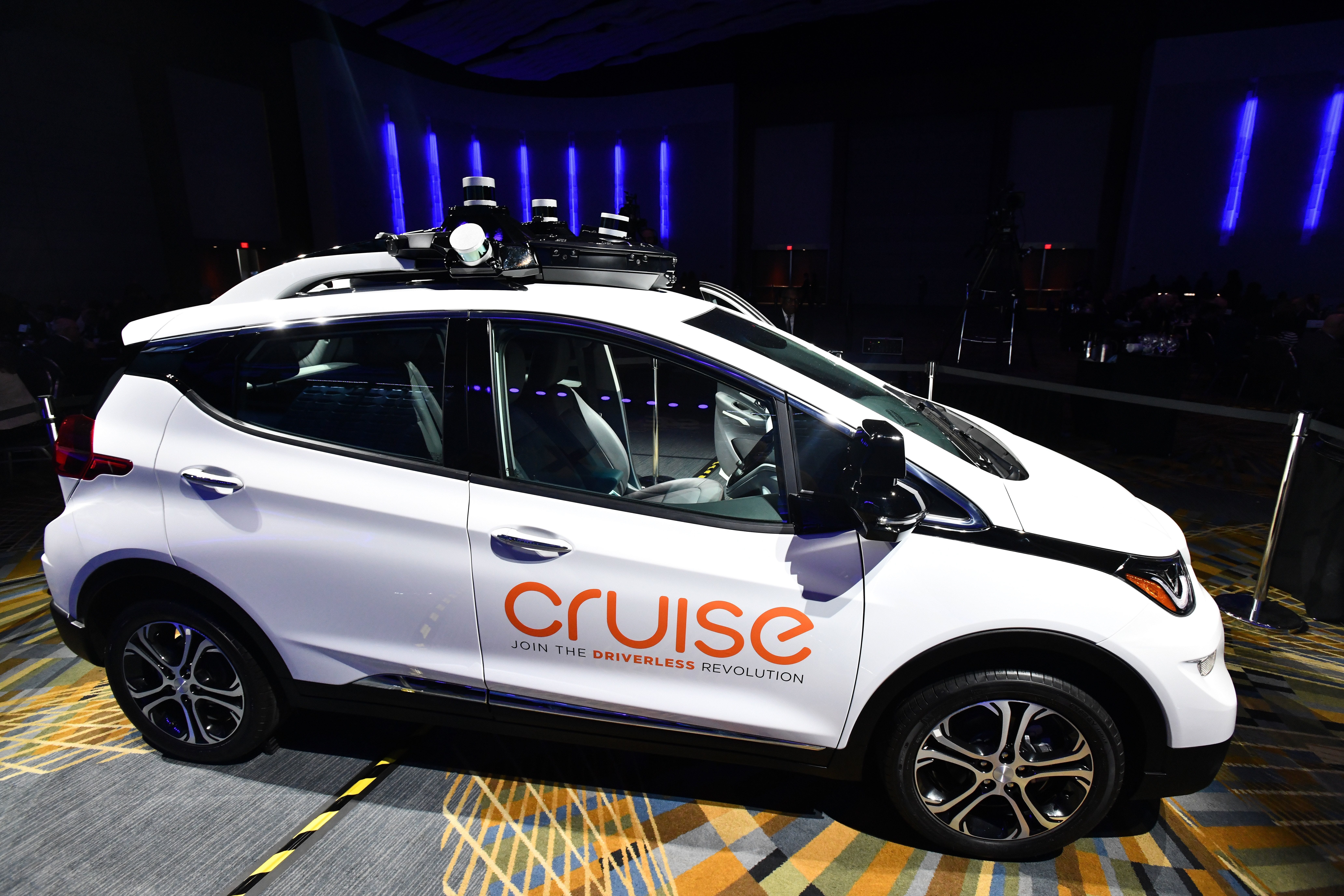GM's Cruise gets new $1.15 billion investment

GM Cruise LLC is getting a new $1.15 billion bump from institutional investors as the General Motors Co. autonomous vehicle development unit pushes to launch a robo-taxi service sometime this year.
The new investment in Cruise, which brings the driverless car operation's post-money valuation to $19 billion, was led by funds advised by T. Rowe Price Group Inc., and existing Cruise partners SoftBank Vision Fund and Honda Motor Co.
"Developing and deploying self-driving vehicles at massive scale is the engineering challenge of our generation," Cruise CEO Dan Ammann said in a Tuesday statement. "Having deep resources to draw on as we pursue our mission is a critical competitive advantage."
Ammann, former GM President, took over as Cruise's chief executive at the start of 2019. His equity-based compensation plan encourages him to meet certain targets for the company — including the grant of stock options, which would become valuable in the event of a GM Cruise spin-off.
The new investment was announced in a press release tweeted by the Cruise Twitter account Tuesday morning, with a link to the Cruise careers page. The driverless vehicle unit is in the middle of an aggressive recruiting push, looking to hire another 1,000 people over the next nine months.
Meantime, Cruise has been largely quiet about its progress toward launching a commercial driverless taxi service this year.
The rollout of the robo-taxi service has always been "gated by safety," a Cruise spokesman told The Detroit News last month, reiterating what GM and Cruise executives have said in recent months. Leaders also say the quiet period for Cruise is a result of the Silicon Valley workforce's focus on getting the technology right.
Nearly a year ago, Cruise garnered a $2.25 billion investment from Japan's SoftBank Investment Advisers. It was seen as a key investment at the time, as SoftBank was already backing chip maker Nvidia Corp., Uber Technologies Inc., DoorDash delivery services, Chinese ride-sharing company DiDi.
Following the SoftBank investment, Cruise announced a partnership with Honda on future autonomous vehicle development. That tie-up came with a $2.75 billion investment from the Japanese automaker.